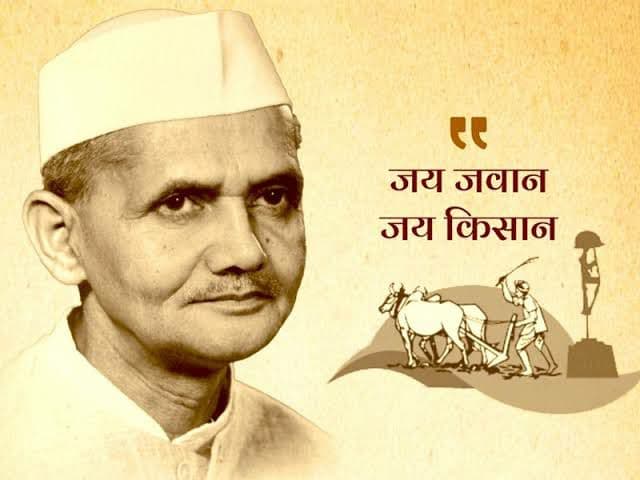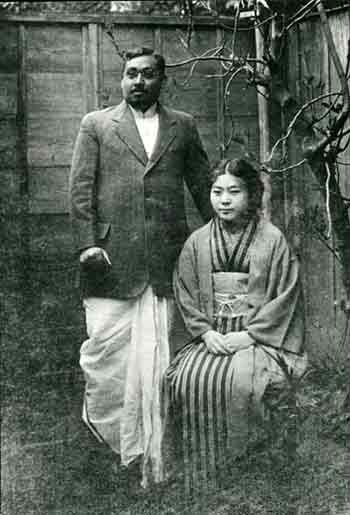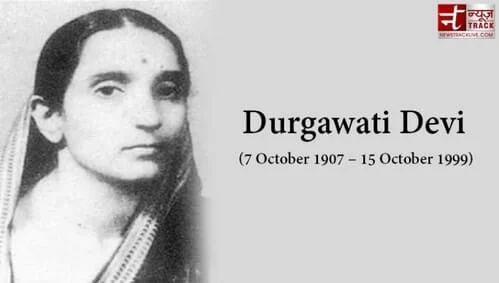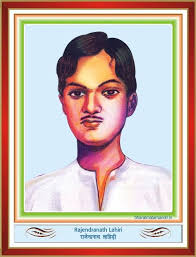Lal Bahadur Shastri: A Statesman of Integrity and Humility
Lal Bahadur Shastri, a name synonymous with simplicity, integrity, and humility, was one of the most respected leaders in the history of independent India. Born on October 2, 1904, in Mughalsarai, Uttar Pradesh, Shastri rose from humble beginnings to become the Prime Minister of India, leaving behind a legacy of selfless service, leadership, and moral courage.
Early Life and Education
Lal Bahadur Shastri was born into a modest family of farmers. His childhood was marked by poverty, but he displayed exceptional academic prowess and a strong sense of determination from a young age. Despite facing numerous challenges, Shastri pursued his education with zeal, eventually obtaining a Bachelor’s degree from Kashi Vidyapeeth in Varanasi.
Commitment to Gandhian Principles
The formative years of Lal Bahadur Shastri’s life were deeply influenced by Mahatma Gandhi and his principles of non-violence, truth, and simplicity. Shastri embraced Gandhian ideals wholeheartedly and actively participated in India’s struggle for independence, including the Non-Cooperation Movement and the Civil Disobedience Movement.
Leadership During the Freedom Struggle
Lal Bahadur Shastri emerged as a prominent leader during the freedom struggle, earning the respect and admiration of his colleagues and followers. He was known for his humility, integrity, and dedication to the cause of India’s independence. Shastri’s leadership qualities were evident in his ability to mobilize people and inspire them to join the struggle against British colonial rule.
Contribution to Independent India
Following India’s independence in 1947, Lal Bahadur Shastri dedicated himself to the task of nation-building. He held various ministerial positions in the government, including Minister of Railways and Minister of Home Affairs, where he earned a reputation for his efficiency, honesty, and concern for the welfare of the common people.
Symbolism of Simplicity
Lal Bahadur Shastri’s simplicity became legendary during his tenure as Prime Minister. He led an austere lifestyle, devoid of pomp and extravagance, and set an example for public servants by his modesty and humility. Shastri’s simple living and high thinking endeared him to the masses and earned him the title of “Man of the People.”
Leadership During the Indo-Pak War of 1965
One of the defining moments of Lal Bahadur Shastri’s premiership was his leadership during the Indo-Pak War of 1965. Faced with aggression from Pakistan, Shastri displayed unwavering resolve and determination in defending India’s sovereignty and territorial integrity. His famous slogan “Jai Jawan, Jai Kisan” (Hail the Soldier, Hail the Farmer) galvanized the nation and inspired unity in the face of adversity.
Promotion of Agricultural Self-Sufficiency
Lal Bahadur Shastri’s tenure as Prime Minister was marked by a focus on promoting agricultural self-sufficiency and alleviating rural poverty. He introduced several initiatives aimed at improving agricultural productivity, such as the Green Revolution, which transformed India from a food-deficit nation to a self-sufficient agricultural powerhouse.
Advocacy for Social Justice
Throughout his political career, Lal Bahadur Shastri remained committed to the principles of social justice and equality. He championed the cause of the underprivileged and marginalized sections of society, emphasizing the need for inclusive development and empowerment of the weakest sections of society.
Legacy and Enduring Impact
Lal Bahadur Shastri’s legacy continues to inspire generations of Indians, reminding them of the values of honesty, simplicity, and selflessness. His leadership during times of crisis, his dedication to public service, and his commitment to the welfare of the nation serve as a beacon of hope and inspiration in today’s turbulent times.
Conclusion
In conclusion, Lal Bahadur Shastri’s life exemplifies the virtues of integrity, humility, and service to humanity. From his humble beginnings to his tenure as Prime Minister, Shastri remained true to his principles and dedicated himself to the betterment of society. His leadership, moral courage, and commitment to Gandhian ideals continue to inspire people around the world, making him a revered figure in the annals of history.
Lal Bahadur Shastri’s death remains shrouded in mystery and controversy, sparking speculation and conspiracy theories over the years. On January 11, 1966, while serving as the Prime Minister of India, Lal Bahadur Shastri passed away unexpectedly in Tashkent, Uzbekistan, where he had gone to attend peace talks with Pakistani President Ayub Khan following the Indo-Pak War of 1965.
The circumstances surrounding Shastri’s death have given rise to various theories, with some alleging foul play and others attributing it to natural causes. Despite official investigations conducted by both Indian and Soviet authorities, the exact cause of Lal Bahadur Shastri’s death remains inconclusive.
One of the prevailing theories suggests that Shastri died of a heart attack, as he had a history of heart problems and was under considerable stress during the negotiations in Tashkent. However, some believe that his sudden demise was orchestrated by external forces to silence his advocacy for peace and his efforts to resolve the conflict with Pakistan diplomatically.
Another theory posits that Shastri was poisoned, possibly by foreign agents seeking to eliminate him due to his firm stance against imperialism and his commitment to non-alignment in the Cold War era. However, there is limited concrete evidence to substantiate these claims, and they remain speculative in nature.
Despite the lack of conclusive evidence, suspicions surrounding Lal Bahadur Shastri’s death persist, fueling ongoing demands for a thorough and transparent investigation to uncover the truth. Over the years, calls for declassifying official documents related to his death have grown louder, with many urging authorities to address the lingering questions surrounding the circumstances of his demise.
Regardless of the uncertainties surrounding his death, Lal Bahadur Shastri’s legacy endures as a testament to his leadership, integrity, and dedication to the service of the nation. His untimely passing left a void in Indian politics, but his vision for a peaceful and prosperous India continues to inspire future generations. As the nation remembers Lal Bahadur Shastri, it also remains committed to seeking closure and clarity regarding the circumstances surrounding his tragic demise.






